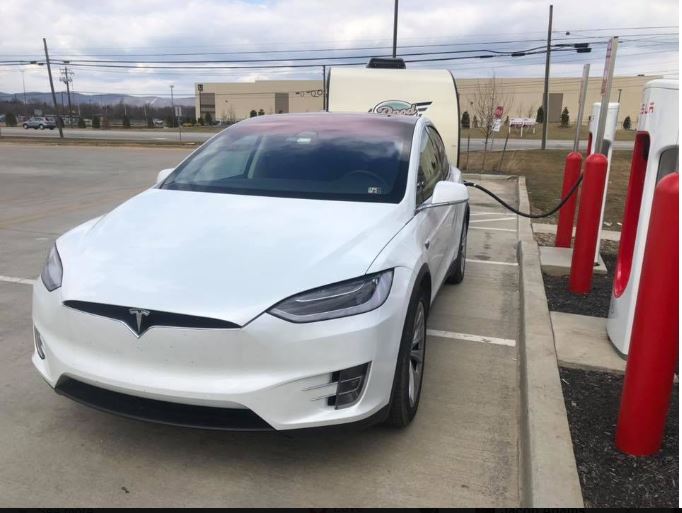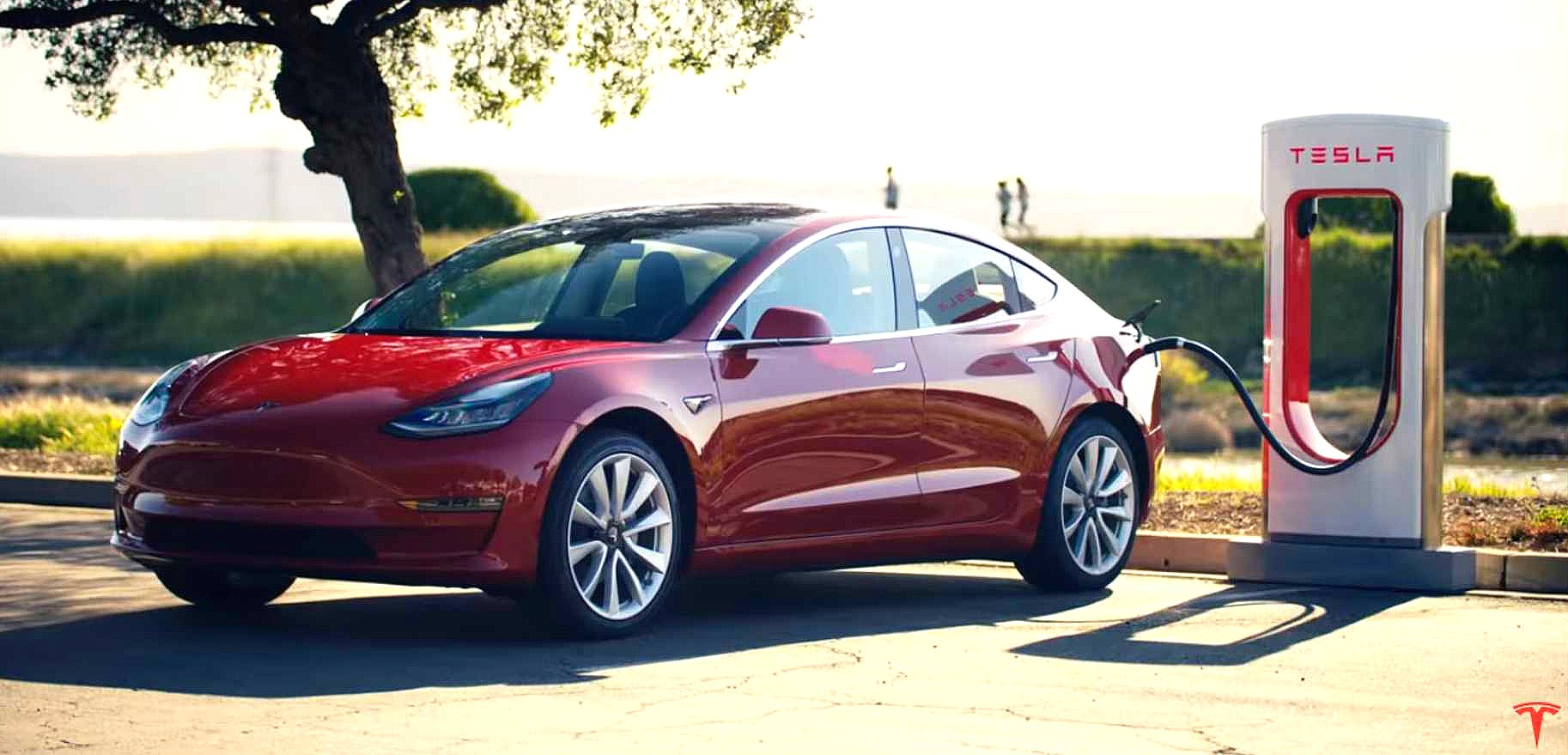In areas where authorities only allow owners to charge by the minute instead of total energy, Tesla is urging owners to help sway the government to allow the automaker to charge by the kWh. It may just be the start in Canada as the automaker is expected to push for similar allowances in other markets where charging by the kWh isn’t present.
Tesla uses a two-tier system to charge a certain amount per minute when charging under 60kW (tier 1) and over 60kW (tier 2). Tier 1 is half the cost of tier 2, but the price changes depending on electricity rates in different markets.

Even though they are able to charge by the kWh in Canada, it requires expensive utility-grade electricity meters. Expensive equipment that Tesla claims will result in higher costs.
Now, Tesla is urging Canadian owners to ask Measurement Canada to allow charging station operators to charge by the kWh using their own connected charger. Tesla’s Policy Team sent out the following email to Canadian Tesla owners:
Hello,
Have you ever noticed or wondered why EV drivers are billed by the minute for charging sessions, rather than by the amount of electricity received?Current Federal standards, established by Measurement Canada require that anyone providing EV charging services must charge customers on a time-only basis. The only other option available is to use a pre-approved and inspected utility-grade electricity meter, but that would increase charging infrastructure costs, reduce charging availability, and increase charging infrastructure costs, reduce charging availability, and increase charging costs for consumers. These Federal standards were designed well before EVs became popular and public EV charging became common, and the unintended effect of these rules is less price transparency for consumers and unfair billing for EV charging. With time-based billing, consumers run the risk of paying more to charge their EV one day compared to the next. Battery state of charge and temperature are just two of the factors that can affect charging speeds and thus cost — regardless of the amount of electricity delivered. For example, as an EV driver, you pay certain amount to charge your vehicle for 30 minutes on a fast (Level-3) chargers. If that 30-minute charging session is in the winter, you’ll be paying the same amount, but you’ll likely get less electricity for your money, since cold temperatures affect charging speeds. This is just one of the many scenarios in which the $/minute billing hurts you as a customer. While Tesla’s tier billing system takes charging speed into account and diminishes the impact on the consumer, this isn’t the case for most public charging networks. To enable more transparent and fair billing for all consumers, all the time, Measurement Canada should allow network-connected EV charging connectors to count energy use, while they establish rules for accuracy. Join us in urging Measurement Canada to temporarily pause the current rules while they work toward developing new long term EV charging metering standards. Help accelerate Canada’s transition to sustainable energy by clicking below to learn more and have your voice heard.
We appreciate your support
Best Regards,
Tesla Policy Team

